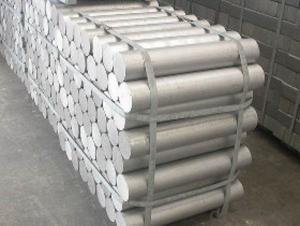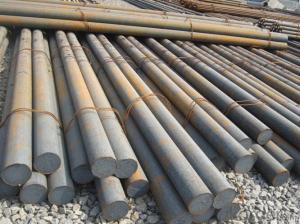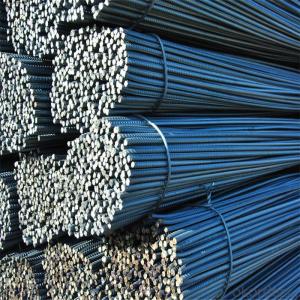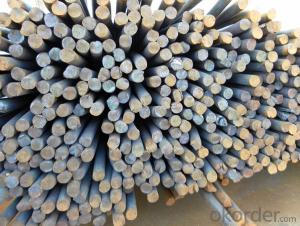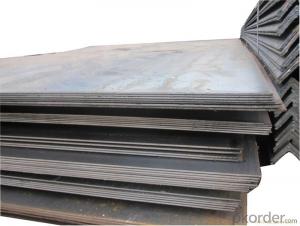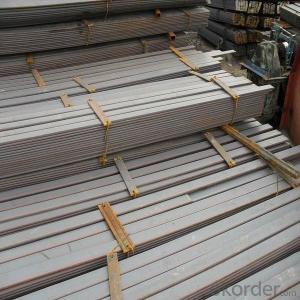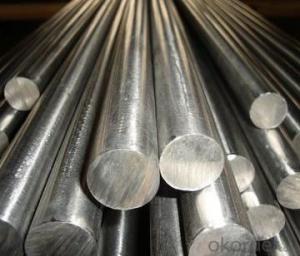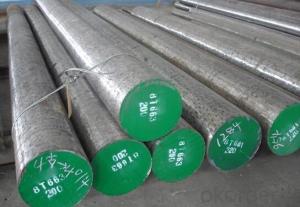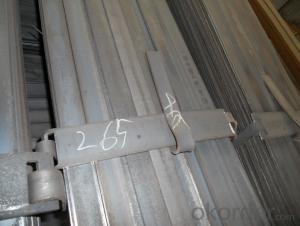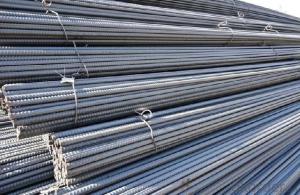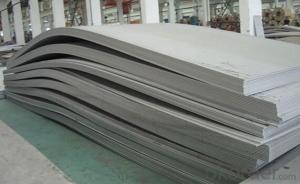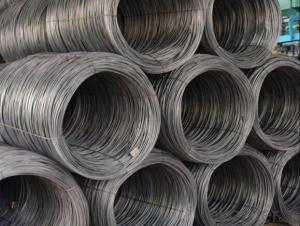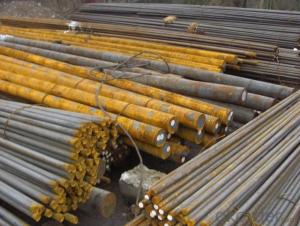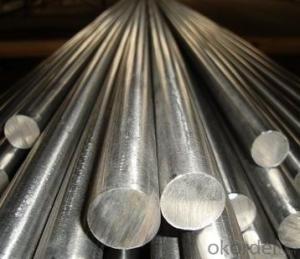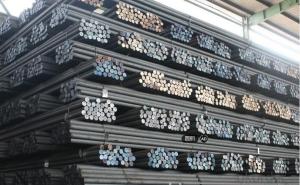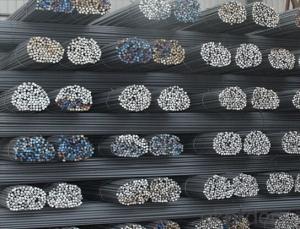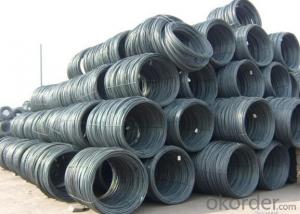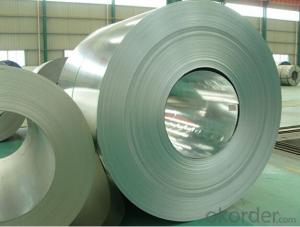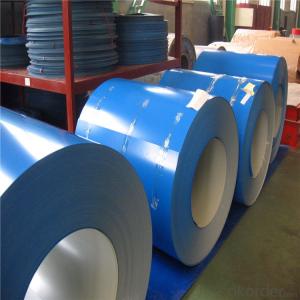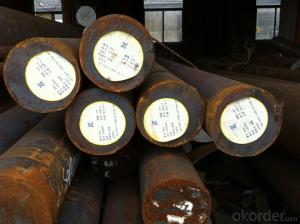All Categories
- - Steel Wire Rod
- - Steel Coils
- - Steel Profiles
- - Steel Pipes
- - Stainless Steel
- - Tinplate
- - Special Steel
- - Steel Sheets
- - Steel Rebars
- - Steel Strips
- - Hot Rolled Steel
- - Cold Rolled Steel
- - Pre-painted Steel
- - Seamless Steel Pipe
- - Welded Steel Pipe
- - Hollow Steel Tubes
- - Galvanized Pipe
- - Stainless Steel Coil
- - Stainless Steel Sheet
- - Stainless Steel Plate
- - Stainless Steel Strips
- - Electrolytic Tinplate Coil
- - Electrolytic Tinplate Sheet
- - Stainless Steel Rebars
- - Solar Panels
- - Solar Water Heater
- - Solar Related Products
- - Solar Inverter
- - Solar Cells
- - Solar Light
- - Solar Energy Systems
- - Solar Controllers
- - Solar Mounting System
- - Solar Pump
- - Solar Chargers
- - Fiberglass Chopped Strand
- - Fiberglass Mesh Cloth
- - Composite Pipes
- - FRP Pultrusion Profiles
- - Fiberglass Mat Tissue
- - Fiberglass Fabrics
- - Fiberglass Mesh
- - Composite Tank
- - Fiberglass Mesh tape
- - Polymer
- - FRP Roofing Panel
- - Fiberglass Roving
- - Monolithic Refractories
- - Ceramic Fiber Products
- - Refractory Bricks
- - Raw Materials For Refractory
- - Suspended Platform
- - Cranes
- - Concrete Machinery
- - Earthmoving Machinery
- - Building Hoist
- - Road Building Machinery
- - Plastic Pipe Fittings
- - Plastic Tubes
- - Plastic Sheets
- - Agricultural Plastic Products
- - Plastic Nets
 All Categories
All Categories
Q & A
What are the applications of special steel in the construction of high-speed railway systems?
Special steel is widely used in the construction of high-speed railway systems due to its exceptional strength, durability, and resistance to corrosion. It is primarily utilized for the manufacturing of rails, providing a smooth and stable track structure that can withstand the immense forces and stresses exerted by high-speed trains. Additionally, special steel is employed in the fabrication of various components such as bridges, tunnels, and signaling systems, ensuring the overall safety and efficiency of the railway infrastructure.
How is high-speed steel optimized for cutting and machining operations?
High-speed steel is optimized for cutting and machining operations due to its unique properties. It is designed with a high amount of carbon and other alloying elements, which enhance its hardness, wear resistance, and heat resistance. This allows high-speed steel to maintain its cutting edge even at elevated temperatures, making it ideal for high-speed and continuous cutting operations. Additionally, its toughness helps prevent chipping and breaking, ensuring durability and longevity. Overall, high-speed steel's optimized composition makes it highly effective for cutting and machining applications.
How does magnetic testing contribute to the quality control of steel products?
Magnetic testing plays a crucial role in the quality control of steel products by detecting any defects or impurities that may be present in the material. By using magnetic fields to identify irregularities, such as cracks, voids, or inclusions, it helps ensure that the steel products meet the required specifications and standards. This non-destructive testing method allows for quick and efficient inspection of large quantities of steel, reducing the risk of faulty products reaching the market and ensuring the overall quality and integrity of the steel products.
What is the concept of steel strengthening through precipitation hardening?
The concept of steel strengthening through precipitation hardening involves a process in which the steel is heated to a high temperature, allowing specific alloying elements to dissolve into the steel matrix. This heated steel is then rapidly cooled, causing the alloying elements to form precipitates within the steel. These precipitates act as barriers, hindering the movement of dislocations and enhancing the material's strength and hardness.
Wholesale Special Steel from supplier in Canada
Whether you are in the construction, oil and gas, automotive, or any other industry that requires Special Steel, we have the expertise and resources to fulfill your requirements. Our product range includes a variety of Special Steel grades, such as tool steel, stainless steel, alloy steel, and carbon steel, among others.
We understand the importance of timely delivery and strive to ensure that our customers receive their orders on schedule. Our efficient supply chain management system, along with our strong partnerships with reputable steel mills and manufacturers, allows us to maintain a reliable and consistent supply of Special Steel products.
In addition to our sales and distribution services, we also provide comprehensive technical support. Our team of experienced engineers and metallurgists can assist you in selecting the right grade of Special Steel for your specific application. We can also provide guidance on heat treatment processes, machining techniques, and any other technical queries you may have.
At CNBM Special Steel Canada, we pride ourselves on our commitment to customer satisfaction. We strive to build long-term relationships with our clients by delivering high-quality products, exceptional customer service, and competitive pricing. We understand the unique requirements of the Canadian market and are dedicated to meeting and exceeding our customers' expectations.
Whether you need Special Steel for a small project or a large-scale industrial application, we are here to meet your needs. Contact us today to discuss your requirements and experience the CNBM Special Steel difference.
We understand the importance of timely delivery and strive to ensure that our customers receive their orders on schedule. Our efficient supply chain management system, along with our strong partnerships with reputable steel mills and manufacturers, allows us to maintain a reliable and consistent supply of Special Steel products.
In addition to our sales and distribution services, we also provide comprehensive technical support. Our team of experienced engineers and metallurgists can assist you in selecting the right grade of Special Steel for your specific application. We can also provide guidance on heat treatment processes, machining techniques, and any other technical queries you may have.
At CNBM Special Steel Canada, we pride ourselves on our commitment to customer satisfaction. We strive to build long-term relationships with our clients by delivering high-quality products, exceptional customer service, and competitive pricing. We understand the unique requirements of the Canadian market and are dedicated to meeting and exceeding our customers' expectations.
Whether you need Special Steel for a small project or a large-scale industrial application, we are here to meet your needs. Contact us today to discuss your requirements and experience the CNBM Special Steel difference.
